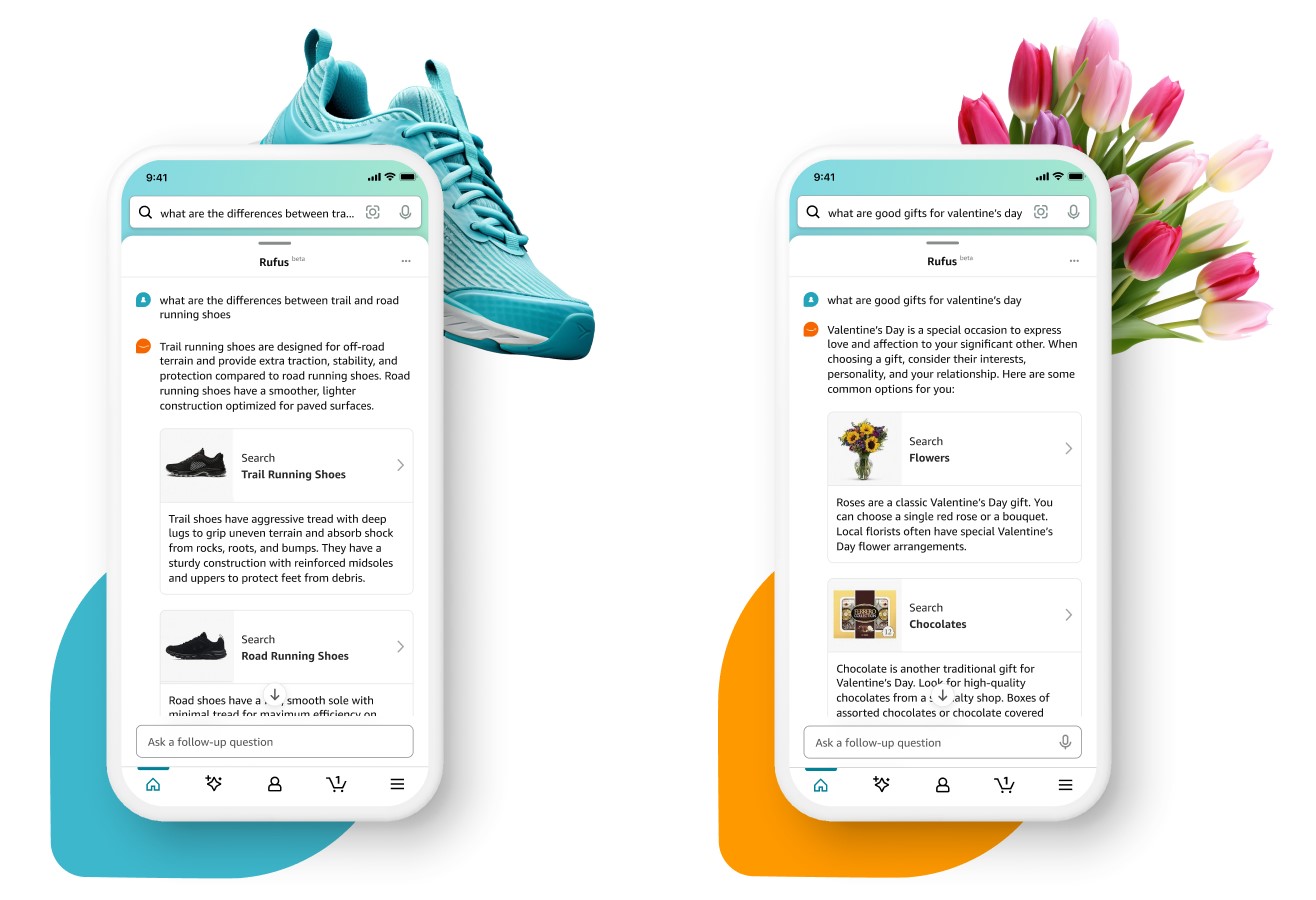Co-Innovate
faster time-to-market through rapid iteration methodology
Safe spaces for high-velocity experimentation with minimal risk
Co-Innovate transforms how brands approach product innovation through rapid iteration cycles that limit financial exposure, minimize brand risk, and generate momentum through quick action and accelerated learning.
Traditional Approach
High financial exposure
Significant brand risk
Rapid Iteration
Limited exposure
Accelerated learning

Why traditional innovation approaches fall short
In today's fast-paced market, the traditional "big bet" approach to product innovation is increasingly risky. Brands that invest heavily in untested ideas often face expensive failures and missed opportunities.
Slow Innovation Cycles
Traditional product development takes too long, causing businesses to miss market opportunities and fall behind faster-moving competitors.
Resource-Heavy Experiments
High-stakes innovation requires significant investment before knowing if ideas will succeed, leading to wasteful spending and organizational fatigue.
Risk Aversion
Fear of failure and negative consequences leads to conservative decision-making that stifles creativity and genuine innovation.
Long Feedback Loops
Delayed market validation means companies invest heavily in features or products before learning if customers actually want them.
According to CB Insights, between 70-95% of new product launches fail. Most of this waste could be prevented with faster, lower-risk experimentation approaches that validate ideas before major investments. Source
The rapid iteration advantage
Co-Innovate creates safe spaces for experimentation through rapid iteration cycles. This approach builds the momementum to deliver quick wins and enables continuous learning while minimizing the risk typically associated with innovation initiatives.
Limited Financial Exposure
Small-scale experimentation requires minimal investment, protecting your budget from high-risk failures.
Short-term Commitments
Quick iteration cycles mean resources aren't tied up for extended periods, maintaining organizational agility.
Accelerated Learning
Rapid feedback loops create more learning opportunities in less time, building organizational knowledge faster.
Confined Operational Effects
Experiments stay contained, ensuring that innovation activities don't disrupt core business operations.
Benefits of Rapid Iteration
Teams stay engaged and energized
Learning cycles accelerate
Market feedback arrives faster
Decision fatigue diminishes
Who Our Co-Innovate Approach Is For
Our rapid iteration methodology adapts to various stages of the product lifecycle, providing targeted benefits whether you're launching a new concept or evolving an established offering.
Early Product Idea
For teams with innovative concepts that need validation before committing significant resources. Rapid iteration helps transform promising ideas into validated product concepts with clear market fit.
Product Expansion Stage
For established products looking to enter new markets or add significant features. Our approach minimizes expansion risks by testing assumptions quickly and cost-effectively.
Product Evolution Stage
For mature products needing to adapt to changing market conditions or customer needs. Rapid iteration allows for incremental improvements with immediate feedback loops.
The 4-Step rapid iteration process
Our structured approach helps brands move quickly from idea to validated concept, maximizing learning and minimizing risk.
Identify
Define the opportunities and current market challenges. Focus on very specific customer pain points or market gaps that can be addressed with limited resource commitment.
Define
Create a clear hypothesis and success criteria. Establish what you're testing, what you expect to learn, and how you'll measure success in a short timeframe.
Prototype
Build the simplest possible functional prototype. Focus on core features that tests your hypothesis—nothing more.
Validate
Test with real users and gather data. Learn what works, what doesn't, and why. Use these insights to make quick decisions about next steps.
Rapid iteration is cyclical
Each cycle of the process feeds into the next, creating a continuous loop of innovation and improvement. Teams can run multiple parallel experiments or iterative cycles to accelerate learning and product evolution.
Frequently Asked Questions
Get answers to common questions about our rapid iteration approach
Take the First Step Towards Rapid Innovation
Choose the approach that works best for your organization
Insights
Latest thinking on digital transformation


